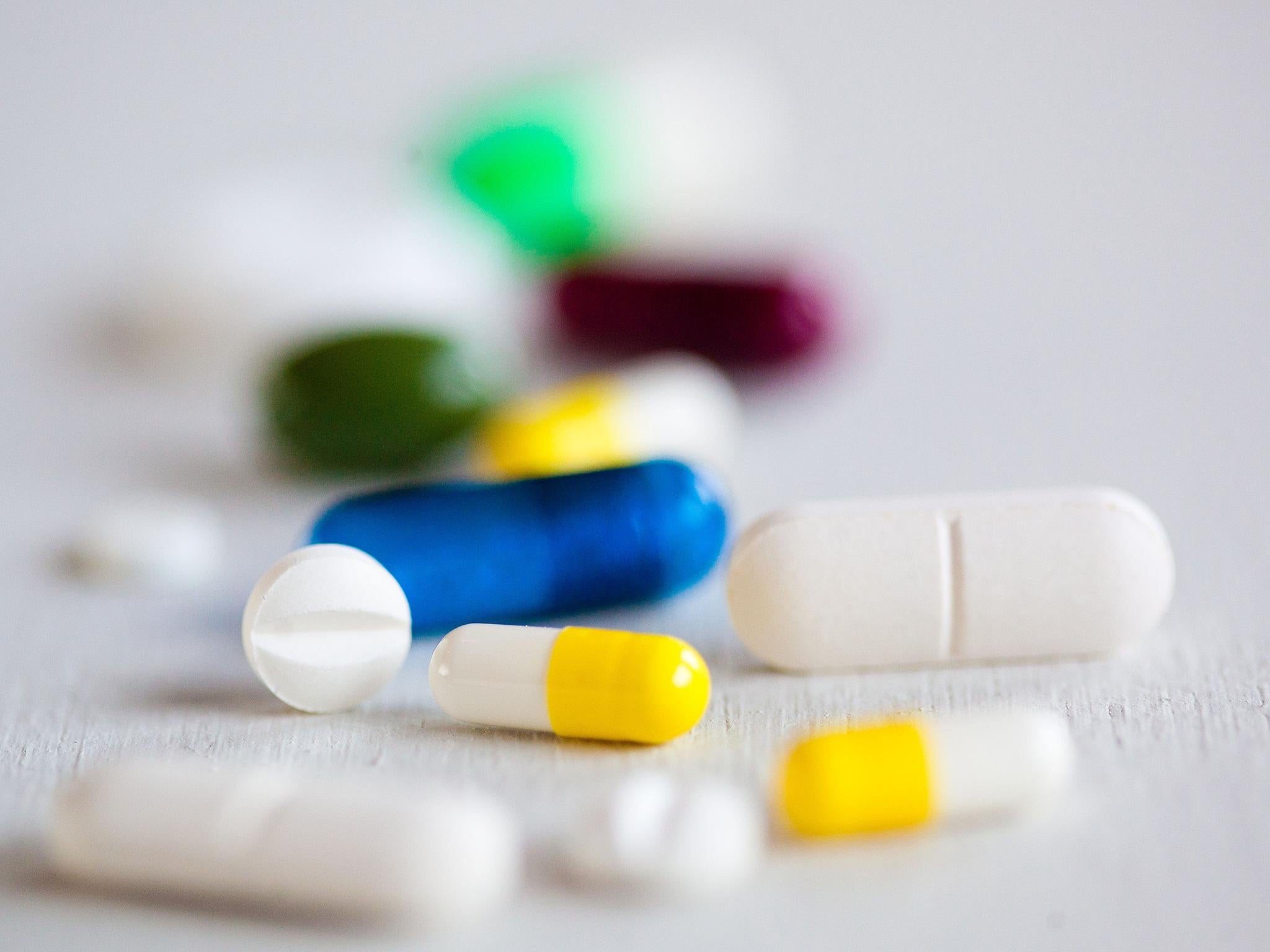Antibiotics taken during pregnancy ‘may weaken a baby’s immune system and increase risk of lung disease’
Research suggests antibiotics can affect development of babies’ immune systems by wiping out both good and bad bacteria in the gut

Exposure to antibiotics in the womb could potentially weaken babies’ immune systems and increase the risk of catching diseases like pneumonia later in life, new research suggests.
Tests on pregnant mice showed the growth of immune cells that protect against lung disease was interrupted in babies when their mothers were given common antibiotics before birth.
Previous research on humans has indicated that antibiotics can affect the development of a baby’s immune system by wiping out both good and bad bacteria in the gut.
“We wanted to establish how this happens and find out if there is a mechanism for us to prevent it from happening,” lead researcher Hitesh Deshmukh, from Cincinnati Children’s Hospital Medical Centre, told The Independent.
“We took pregnant mice and gave them two or three of the most commonly used antibiotics in the neonatal period, four to five days before birth. Humans are usually only given antibiotics 48 hours, or maybe 72 hours before birth, so it’s a close approximation.
“We showed that if you give antibiotics, you interrupt the development of lymphoid cells in the lungs, which are the ones that mediate protection against infections, from pneumonia, due to viruses or fungi,” said Dr Deshmukh.
Antibiotics are routinely given to women who give birth through caesarian section to prevent infection, and in some cases during vaginal labour to protect against a potentially deadly bacteria called Group B Streptoccoccus (GBS).
The human immune system takes around a year to develop, meaning weaknesses introduced while it is being built could be long-lasting and even permanent, warned Dr Seshmukh.
The scientists behind the research, published in the journal Science Translational Medicine, now plan to undertake a clinical study to evaluate the benefits of limiting antibiotic use among pregnant women and newborns.
In the UK, doctors’ guidelines from the National Institute for Health and Care Excellence (Nice) say women undergoing Caesarean section should be offered prophylactic antibiotics “before skin incision”.
The 2012 guidance adds: “Inform them that ... no effect on the baby has been demonstrated.”
Many newborn babies in neonatal intensive care units also receive antibiotics. The treatments protect against GBS, the leading cause of deadly infections in newborns.
However, the drugs are indiscriminate and act against a wide range of bacteria, both good and bad.
Excess antibiotic use early in life may help explain why some people with no obvious genetic risk factors develop asthma or other lung diseases later in life, said Dr Deshmukh.
He added that the next step will be a clinical study to assess the safety and benefits of limiting antibiotic use among expectant mothers and newborn babies.
“The finding that antibiotic treatment can give rise to health effects in mice such as pneumonia and permanent immune system damage is worrying,” Colin Garner, Chief Executive of Antibiotic Research UK, told The Independent.
“We know that the microbiome (gut bacteria) plays a vital role in health and disease and that altering the microbiome in children by antibiotic treatment has been linked to mental changes, obesity and diabetes in later life.
“The findings reported here, even though they are in laboratory mice, suggest further and new health effects of antibiotics that merit further investigation.
“They also provide further proof if proof is needed that antibiotics are potent medicines that should only be used for significant human bacterial infections and that the current policy of reducing antibiotic prescribing should be accelerated.”
Join our commenting forum
Join thought-provoking conversations, follow other Independent readers and see their replies
Comments